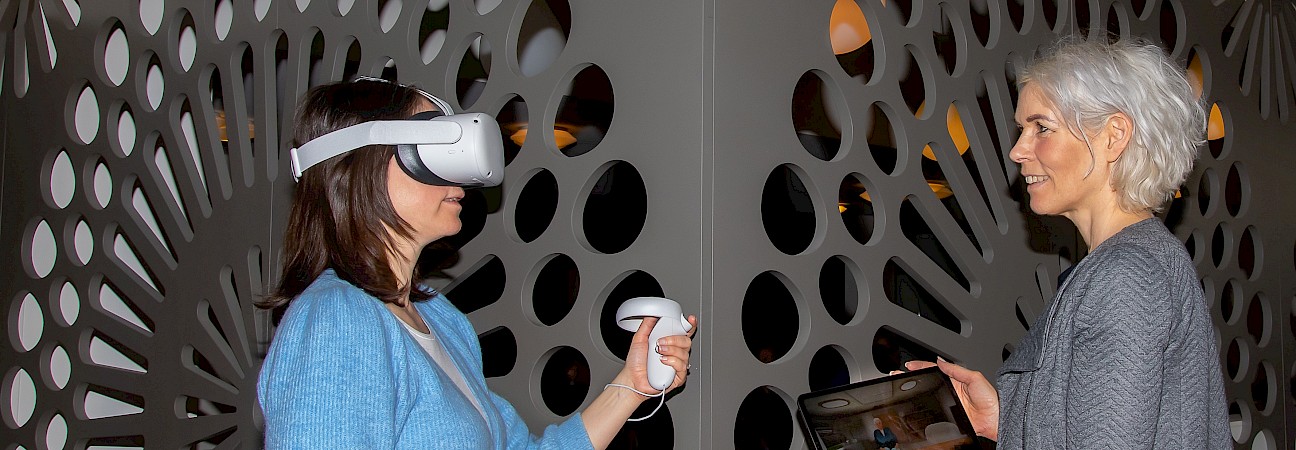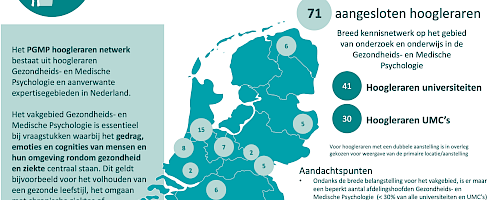Background, scientific relevance & aims
Clinical and treatment response are not only due to medical-technical explanations but also due to patients’ expectations, experiences, and the clinical encounter. Positive expectations (placebo effects) may result in improved health outcomes, whereas negative expectations (nocebo effects) may lead to a reduction of treatment effectiveness or increased side effects. Healthcare professionals play a pivotal role in increasing placebo effects and diminishing nocebo effects.
In collaboration with scientific experts and private partners in the areas of virtual reality (VR) and trainings for health care professionals, we are developing an innovative e-learning and VR training that helps healthcare providers to optimize placebo effects and minimize nocebo effects. In this training, different techniques that are supported by scientific research will be implemented. The training will include both theoretical background and hands-on practice including communication with simulated virtual patients. The training is based on the most recent scientific insights and expert consensus (Evers ea 2018, DOI: 10.1159/000490354). The e-Learning is offered as an accredited training via the website of the Institute for Responsible Medicine Use [IVM]
To maximize placebo effects, the trainee is for instance taught to emphasize why the chosen treatment is offered. In addition, (s)he will learn to explain what the short- and long-term positive benefits are, without overstating the treatment efficacy. All this displayed with a warm and competent attitude.

This project has received funding from the European Research Council (ERC) under the European Union’s Horizon 2020 research and innovation programme (grant agreement No 966785).
For more information, click here




